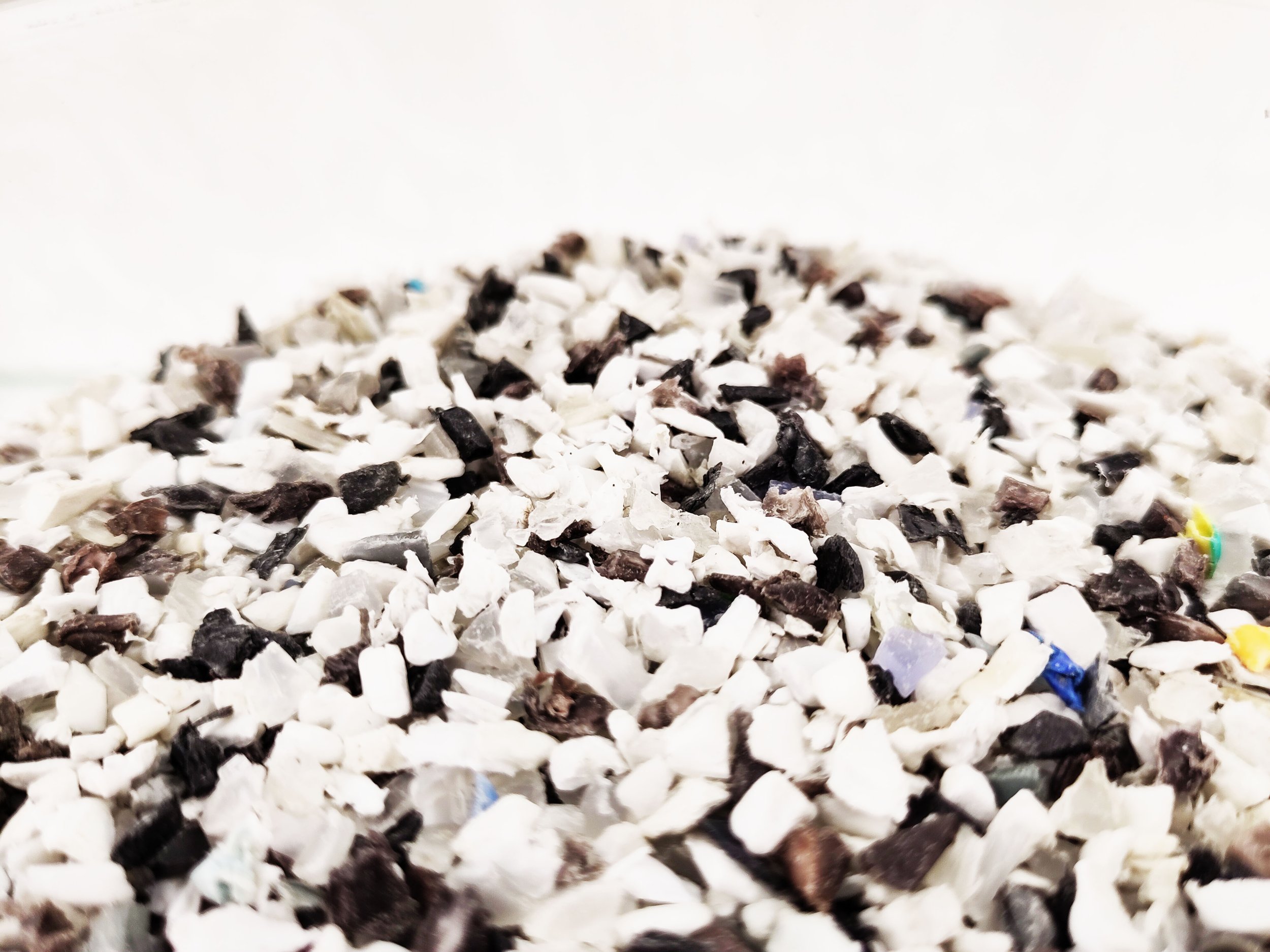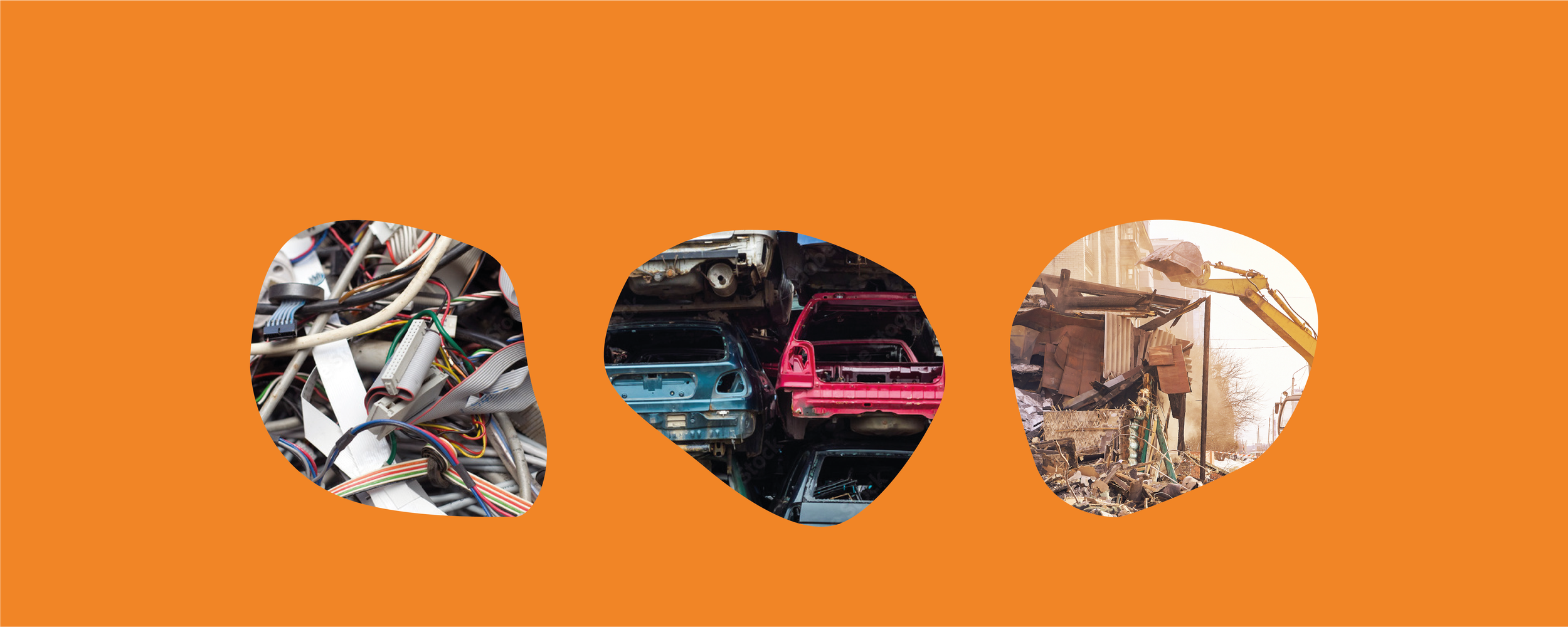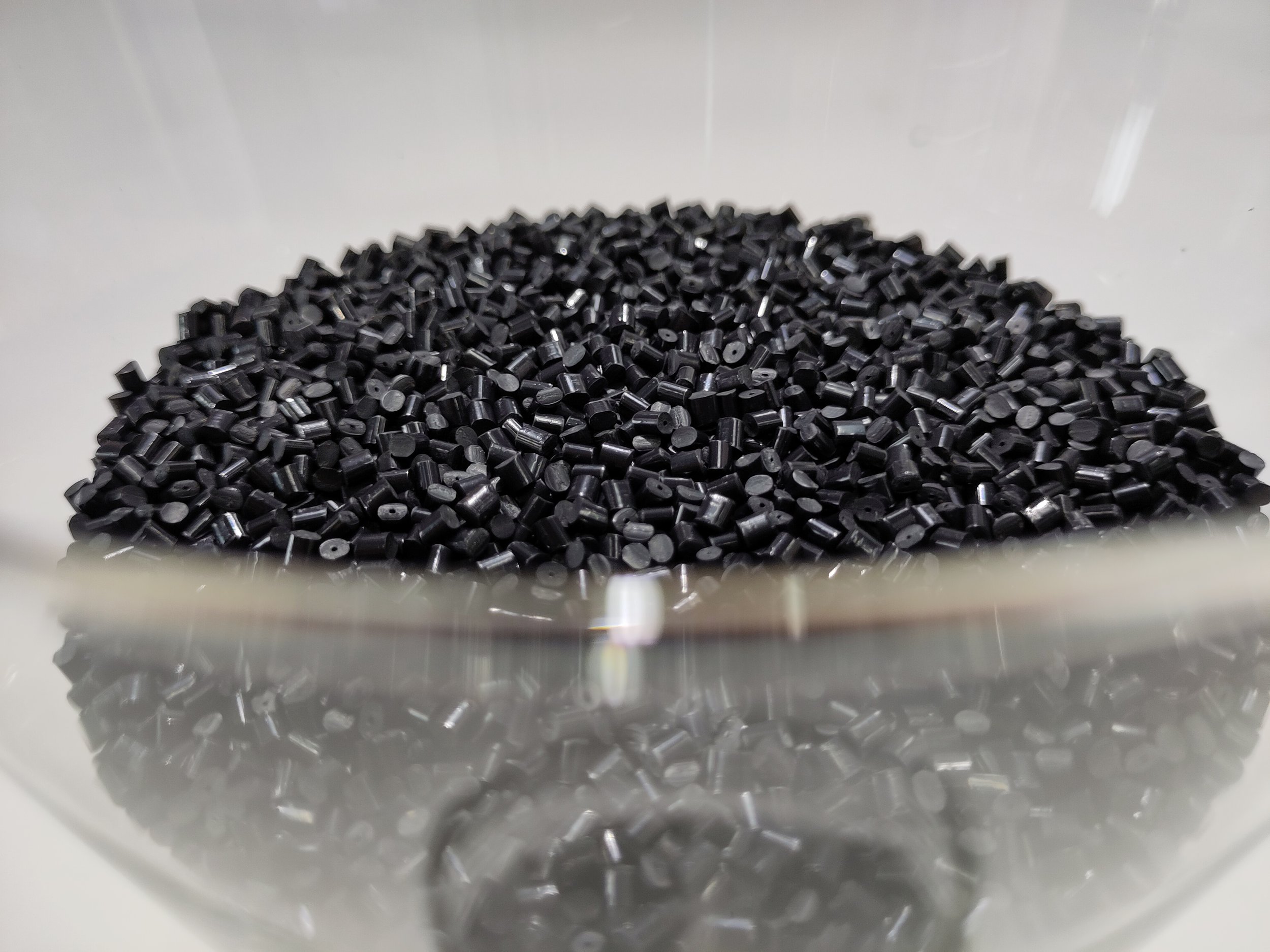
Enabling circular plastics for electronics, vehicles and construction

In the EU, plastics in the packaging sector are efficiently collected through local waste collection systems. However, major product categories remain insufficiently collected, managed, and recycled. The NONTOX project (2019-2022) studies the recycling of plastics that may contain hazardous materials. The focus is on three waste feedstocks of electronic products, vehicles, and construction and demolition.

-
Waste Electronic and Electrical Equipment (WEEE)
WEEE consists of several products ranging from mobile IT products to large scale appliances. The annual volume of WEEE in the EU is estimated to be over 50 million tonnes and this equates to around 10 million tonnes of plastic waste.
-
End-of-Life Vehicles (ELV)
Plastics currently form around 15% of ELV waste, equating to bit less than 1 million tonnes each year. ELV waste is commonly treated together with large WEEE, and fractions from the industry and construction and demolition activities.
-
Construction and Demolition Waste (CDW)
Plastics form only a very small portion of all CDW, however, this still equates to about 1 million tonnes every year. CDW waste is varied in content and not continuously generated, originating from construction, renovation and demolition sites.
Change needs to happen at all stages of the plastics value chain
For more information about your part in moving towards a circular plastics economy, click on the right.
-
Designers need to be more aware of the design choices that promote plastics circularity. Such choices can be made in both recycled material selection as well as in designing for recycling.
-
Manufacturers need to scale up the use of plastic recyclates but also improve collection and end-of-life processing. To increase the efficiency working with producer responsibility organisations is required, supported with eco-design choices when developing new products. Brand owners also become increasingly influenced by consumer push.
-
The recycling sector needs to develop improved methods for plastics recycling, promoting feedstock upcycling rather than conversion to energy.
-
Recommendations for increasing circularity in the plastic sector impact the entire value chain. These need to be implemented in legislation, policies and standardisation activities.

This website is produced as a part of the NONTOX project presentation at Design for Cooler Planet 2022 exhibition at Aalto University.
See Cooler Planet at Aalto website

